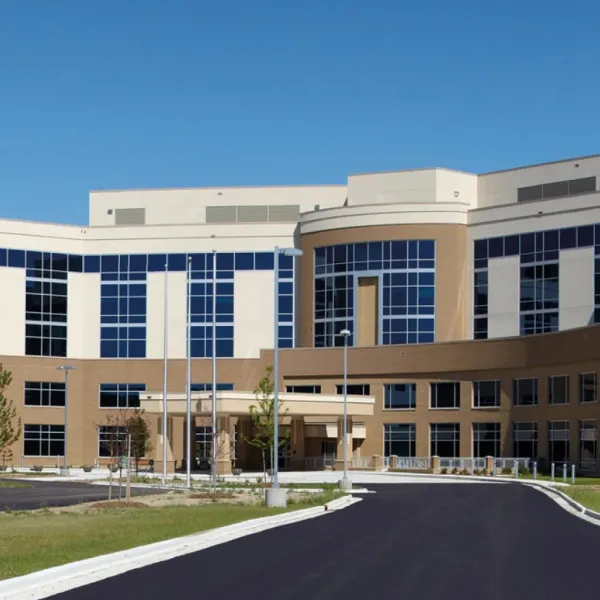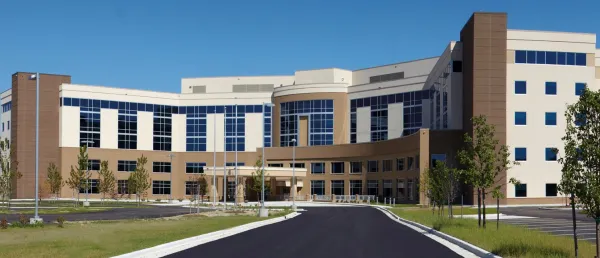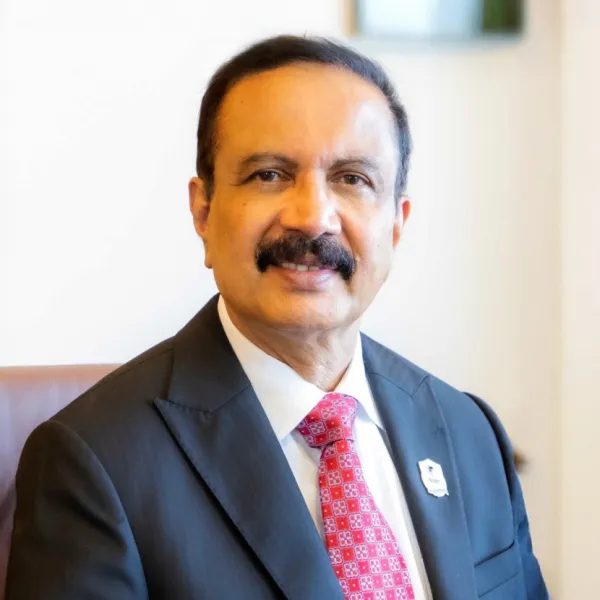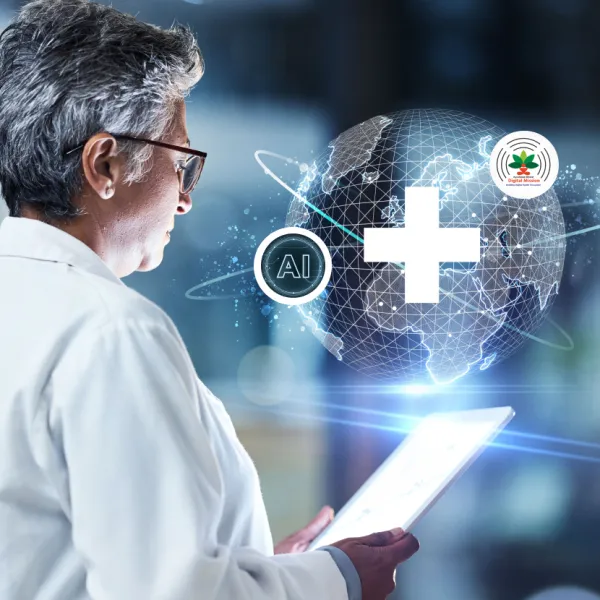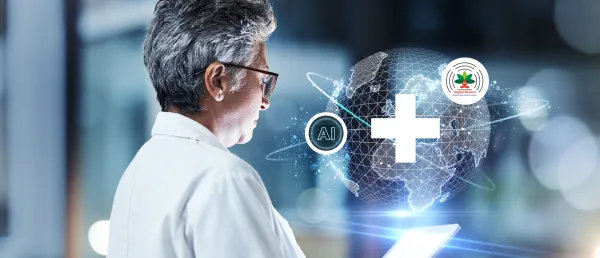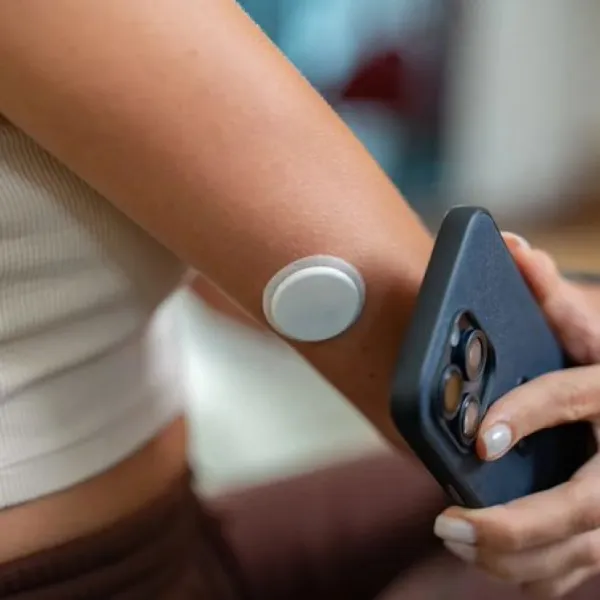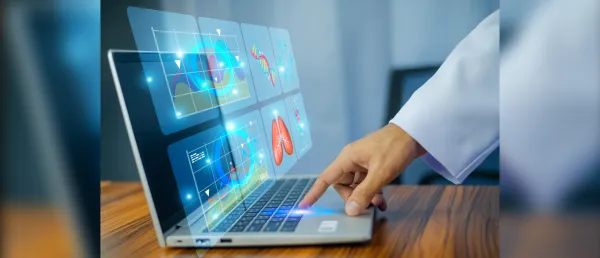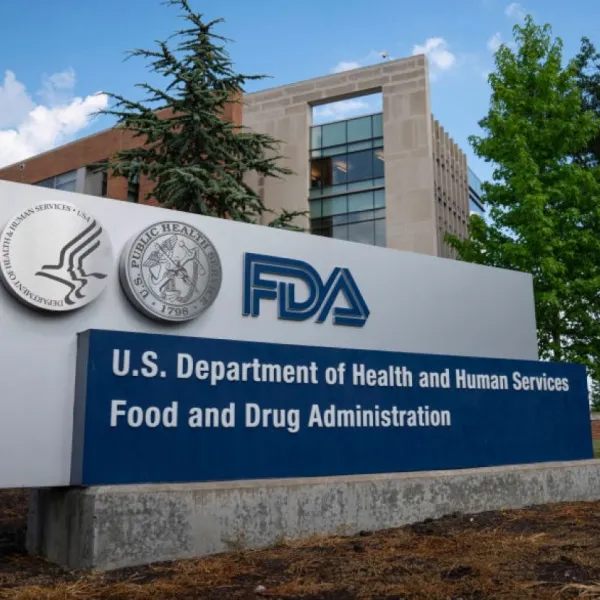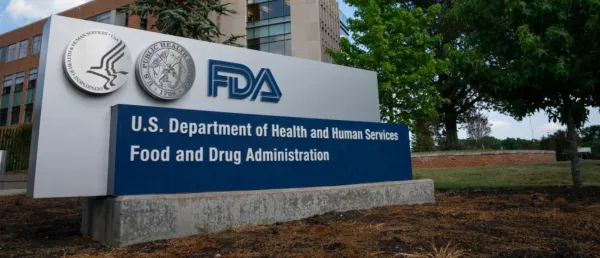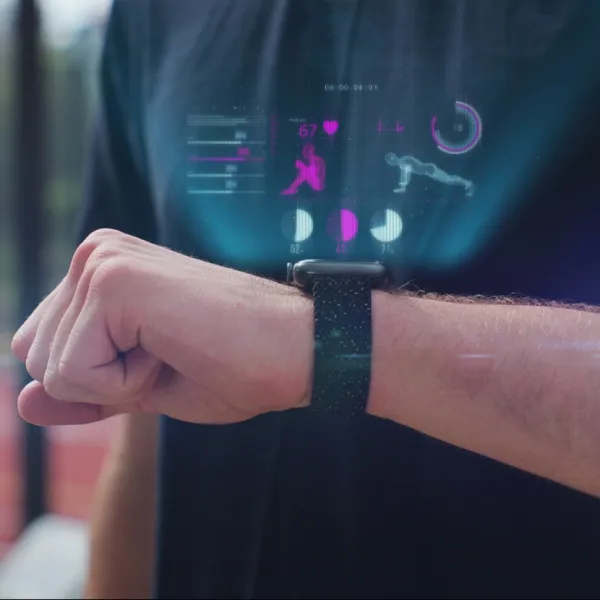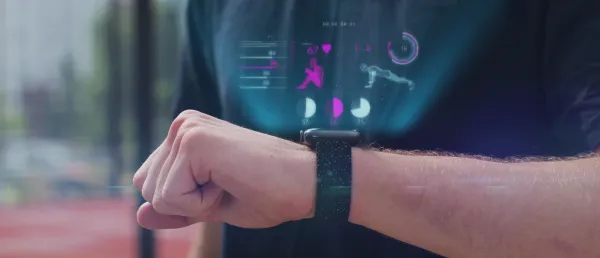VP Dhankhar Flags Off IoT-Integrated Mobile Clinics for Srinagar & Kalaburagi

This initiative, led by Aster DM Healthcare as part of its Corporate Social Responsibility (CSR) efforts, aims to enhance healthcare delivery in the remote areas of Srinagar and Kalaburagi.
In a recent healthcare move, the Vice President of India Jagdeep Dhankhar has inaugurated two state-of-the-art mobile clinics equipped with IoT-integrated telemedicine services.
This initiative, led by Aster DM Healthcare as part of its Corporate Social Responsibility (CSR) efforts, aims to enhance healthcare delivery in the remote areas of Srinagar and Kalaburagi.
Addressing the gathering before the flag-off, Vice-President Dhankhar emphasized the government's ongoing commitment to accessible, quality, and affordable healthcare.
In his address, the VP said, “Quality healthcare, accessible healthcare, affordable healthcare has been a mission of Prime Minister Narendra Modi, and over the last decade, he has brought about a big change in this direction.”
He further recognized the significant strides made in healthcare delivery under the leadership of Prime Minister Modi, citing the Ayushman Bharat program as a key example.
“Prime Minister Narendra Modi has committed himself and then successfully delivered last-mile delivery when it comes to healthcare. The Ayushman Bharat program, one of the world’s largest programs, relieves the people of the fiscal burden by making up to five lakh rupees of health care available. Any senior citizen will get this treatment free regardless of fiscal power,” Dhankhar added.

Telemedicine & Digital Healthcare Growth
The VP also highlighted the remarkable success of telemedicine in India, underscoring the country's growing digital healthcare infrastructure.
“Diagnostic tests and medical tests are all available through internet usage. Our digital penetration has gained global accolades. A country of 1.4 billion has accessibility to that extent. Every village is so well equipped on this front,” he remarked.
He also pointed to the Government of India's efforts in expanding digital healthcare services, which have enabled medical consultations and diagnostic tests through telemedicine, especially in underserved areas.
This expansion is a key component in improving healthcare access across India.
Impact of Mobile Clinics on Healthcare Delivery
Discussing the importance of mobile clinics, VP Dhankhar noted, “To be assured that there is a mobile clinic within your reach is a great assurance to the people in distress. Therefore, this has been a very soothing aspect of corporate social responsibility. It reflects even our civilization ethos. We must always work hard to give back to society.”
These mobile clinics are expected to be pivotal in improving healthcare access for populations in remote and underserved regions. Equipped with modern telemedicine facilities, they will provide various diagnostic services, including consultations with doctors via telecommunication networks.
Healthcare Advancements Under the Modi Govt
VP Dhankhar further reflected on the transformation in India's healthcare infrastructure, citing the increase in AIIMS hospitals and medical college seats, which is contributing to better medical education and healthcare outcomes.
“The doctor-to-population ratio of 1:836 is a remarkable achievement for a nation of 1.4 billion people. Medical education has seen unprecedented growth, with the number of medical colleges doubling, paramedical services expanding, and diagnostic clinics now accessible even in remote areas,” he stated.
He also lauded India’s leadership in the global pharmaceutical industry, saying, “India is truly the pharmacy of the world,” acknowledging the nation's prominent role in healthcare innovation and pharmaceuticals.
These developments are part of a broader push to improve health outcomes and ensure that healthcare services are accessible to every citizen, regardless of their geographical location or economic background.
Stay tuned for more such updates on Digital Health News







